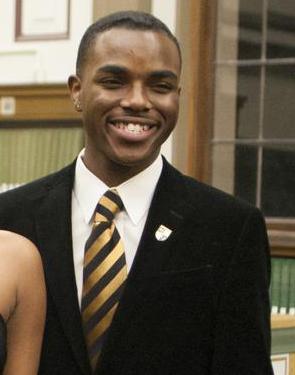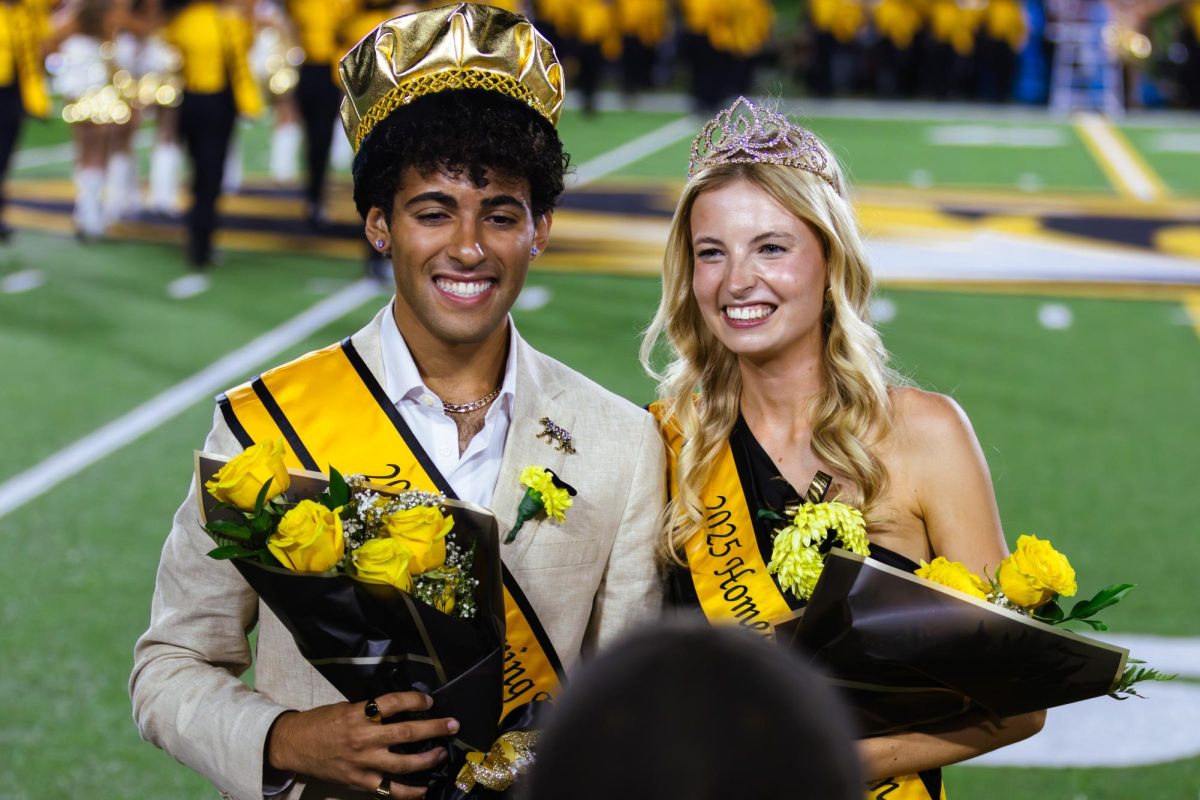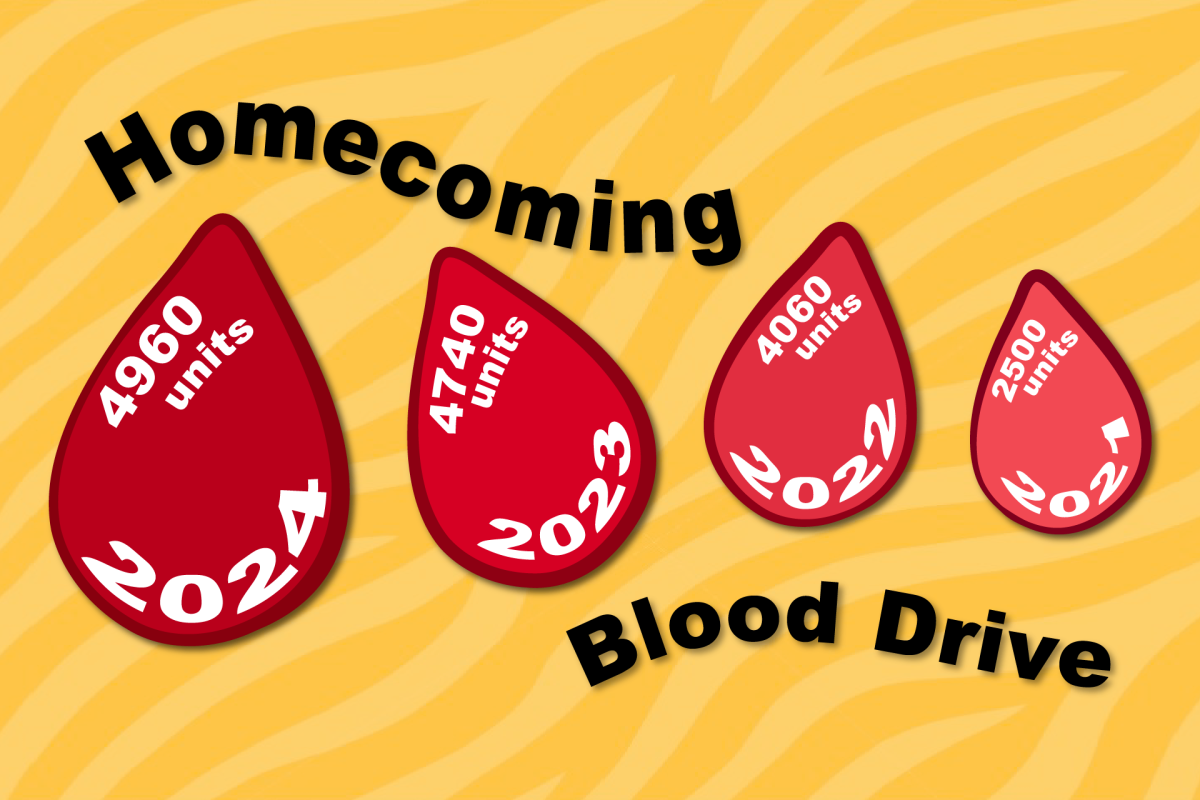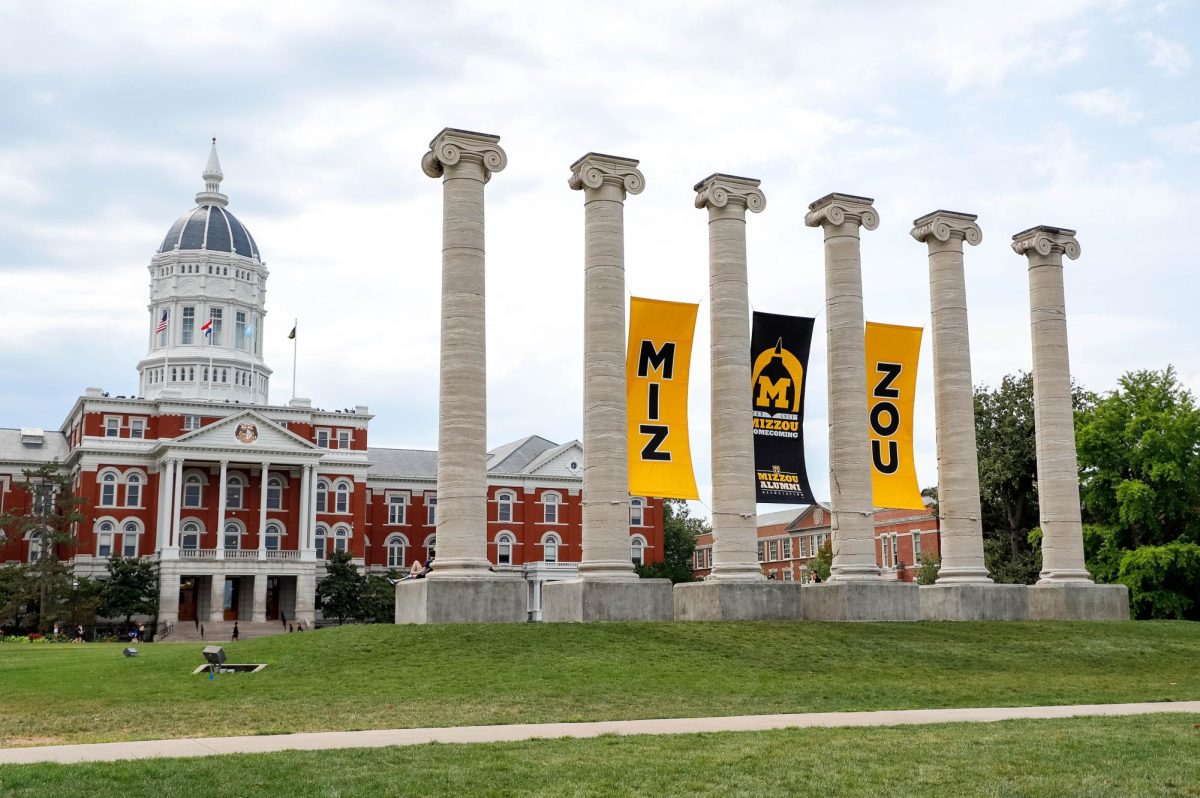When introducing Payton Head before his “Lessons from Mizzou” keynote speech Monday night, Stephanie Shonekan, associate professor of ethnomusicology and chairwoman of the black studies department, quoted Ta-Nehisi Coates’ article in The Atlantic, “My President was Black,” to describe Head. “He showed it was possible to be smart and cool at the same damn time,” she said.
The speech, hosted by the black studies department, encouraged students to get involved on campus and in the local community.
Head, who was elected as MSA president his junior year, graduated from MU last spring and is currently living in Washington, D.C. He speaks at universities across the country, including Johns Hopkins, the University of Alabama and the University of Kentucky, where he’ll speak with Michael Sam, a former Missouri football player and the first openly gay player to be drafted by an NFL team.
To a packed Leadership Auditorium, Head recalled the first days of his career as a student at MU. He was standing in Rollins dining hall near a soda machine when a group of black men approached him. They were members of MU’s chapter of Alpha Phi Alpha, a fraternity for black men.
“They told me that if I needed anything, they were there for me,” Head said. “They knew the best place to get a haircut … things like that I needed to know.”
It has been over a year since Head was [called the N-word](https://www.themaneater.com/stories/2015/9/16/msa-president-payton-head-combats-campus-discrimin/) while walking through Greektown. He posted a Facebook status about the incident a day later that gained national attention. His post, along with other reports of racism on campus, sparked “Racism Lives Here” rallies and other student protests during fall 2015.
Head said there is still a lot to be done despite the progress made since then.
“When we’re afraid of being politically incorrect we don’t talk at all … and we need to talk about these issues,” Head said. “It’s important to know where this all comes from. It’s important to know why things are the way they are. Asking yourself why is how we get to the history.”
Head encouraged the audience to acknowledge their privilege and the responsibility that comes with it.
“I started to look at my own experience,” Head said. “Consciousness isn’t something that just happens. I used to say the R-word every day in high school because I thought it was funny and liked the way it rolled off my lips.”
It was only once he got to MU that someone told him this word was hurtful.
Head praised MU as a “phenomenal institution with a lot of phenomenal people who will have your back” and encouraged the audience to use resources such as the Women’s Center, Multicultural Center and the Gaines/Oldham Black Culture Center.
“It can be hard, like you do all this stuff and people have all of this hateful stuff to say about you, and they want to threaten your life,” Head said. “That trauma is very real. But I’m really working to just keep joy in 2017. The joy that I have is knowing that this election has awakened a lot of people who never would have, you know, thought they needed to do any advocacy work before.”
Head advised students to take black studies courses and educate themselves on what is happening around them — not only in Washington, D.C., but also in Jefferson City.
“There’s a lot of stuff going on in Jefferson City right now, a lot of stuff that you don’t see on Twitter,” Head said. “One of the best ways to continue to resist is to continue to be educated on what’s happening.”
_Edited by Emily Gallion | [email protected]_








